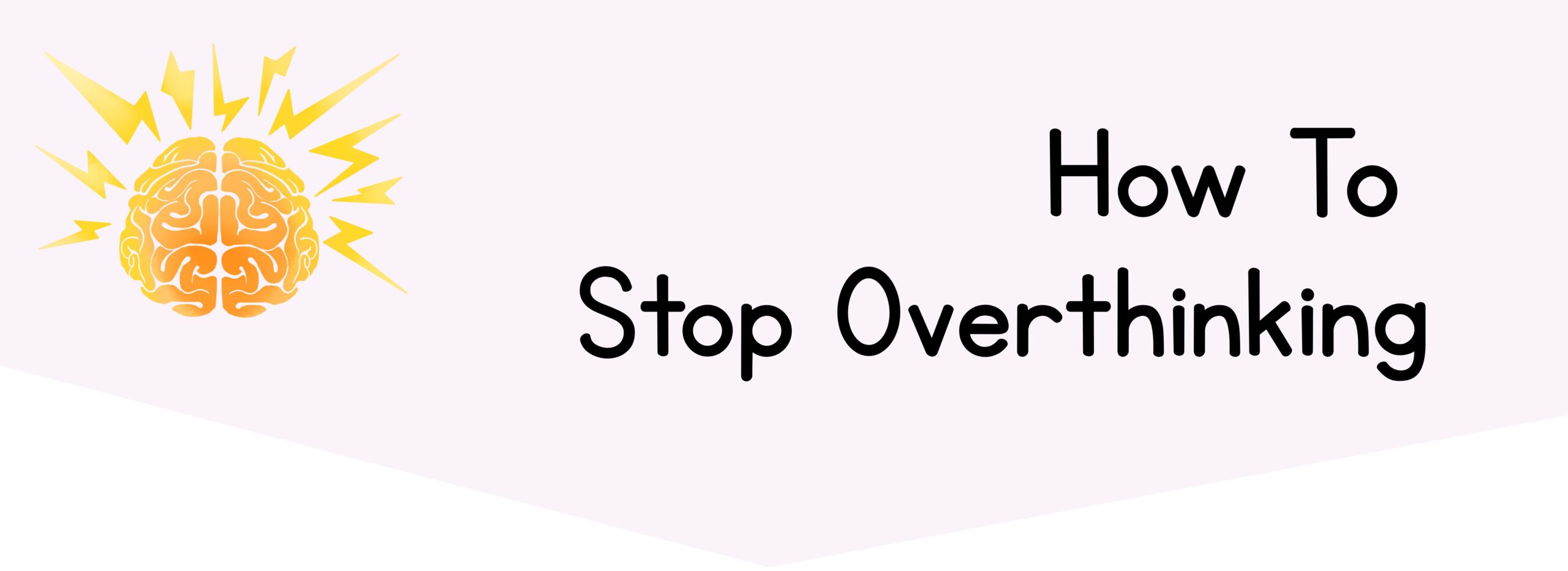
Overthinking: The Silent Mind Game
Myth vs Truth
Myth: “If I overthink, it means I am weak.”
Truth: Overthinking doesn’t mean weakness. It simply means your mind is trying too hard to keep you safe. But instead of helping, it makes you stressed and stuck.
How to Know: Am I Just Thinking or Overthinking?
- Normal Thinking (Event-based):
You think about one situation, plan for it, and once it’s done—you move on.
Example: “I have a meeting tomorrow, I should prepare.” - Overthinking:
The same thought keeps repeating in your head, with endless “what ifs.” Even after the event is over, your mind doesn’t stop.
Example: “What if I fail? What if people judge me? What if I forget?”
👉 Difference: Thinking helps you take action. Overthinking keeps you stuck in circles.
Why Do We Overthink?
Most of the time, it happens because of:
- Fear of failure or rejection
- Past bad experiences
- Not trusting yourself enough
- Wanting to control things you actually can’t
Deep down, it’s not the situation—it’s the fear and doubt inside you.
Simple Ways to Stop Overthinking
- Call it Out
Say to yourself → “This is just my overthinking mind talking.” - Change the Question
From → “What if this goes wrong?”
To → “What can I do right now?” - Set a Time Limit
Give yourself 10 minutes to think. After that, move on. - Come Back to the Present
Look around. Notice 5 things you can see, 4 things you can touch, 3 you can hear. It grounds you. - Remind Yourself
“I have handled challenges before. I can handle this too.”
Final Words
Overthinking is not your enemy—it’s just your mind working overtime. Once you learn to catch it, calm it, and reframe it, you’ll feel lighter and more in control.
Don’t stay stuck in “what ifs.” Start living in “what now.
If overthinking is stealing your peace, let’s connect. With NLP and emotional wellness tools, I help people break the cycle of overthinking and build trust in themselves again.